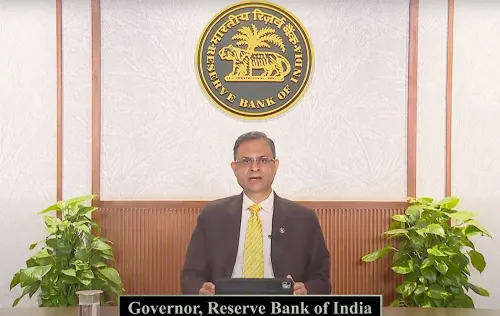South Korea Allocates $1.9 Billion for Climate Change Technology Development

Seoul, Dec 15 (NationPress) The South Korean government is set to allocate 2.7 trillion won ($1.9 billion) in the upcoming year for the development of technologies that target climate change, as reported by the science ministry on Sunday.
This investment represents a 3.9 percent increase from the 2.6 trillion-won funding dedicated to the initiative in 2024, according to the Ministry of Science and ICT.
This funding is part of the government's ambitious 10-year plan to enhance scientific technologies by 2032 to combat global warming, as detailed by Yonhap news agency.
South Korea has committed to reducing its greenhouse gas emissions by 40 percent from 2018 levels by 2030 and aims for carbon neutrality by 2050.
The budget for next year will focus on developing crucial technologies for renewable energy, including next-generation solar batteries and large floating wind power systems, as well as enhancing carbon neutrality technologies like next-generation nuclear power and hydrogen energy.
The government will also analyze the resilience of forests, marine ecosystems, and the overall environment to climate change, while formulating strategies for stable food production.
Additionally, the science ministry has completed a detailed roadmap for achieving carbon neutrality across various sectors.
The presidential special committee on carbon neutrality technologies has outlined strategies for attaining net zero carbon emissions in six domains, including wind energy, energy storage, and environmental protection, as per the Ministry of Science and ICT.
With these new guidelines for the six sectors, South Korea has successfully devised a comprehensive strategy for developing carbon reduction technologies across 17 sectors, spanning from steel production and the chemical industry to automotive manufacturing and nuclear energy.
Specifically, the government plans to advance the development of next-generation offshore wind turbines, integrated energy systems, and eco-friendly data centers.








